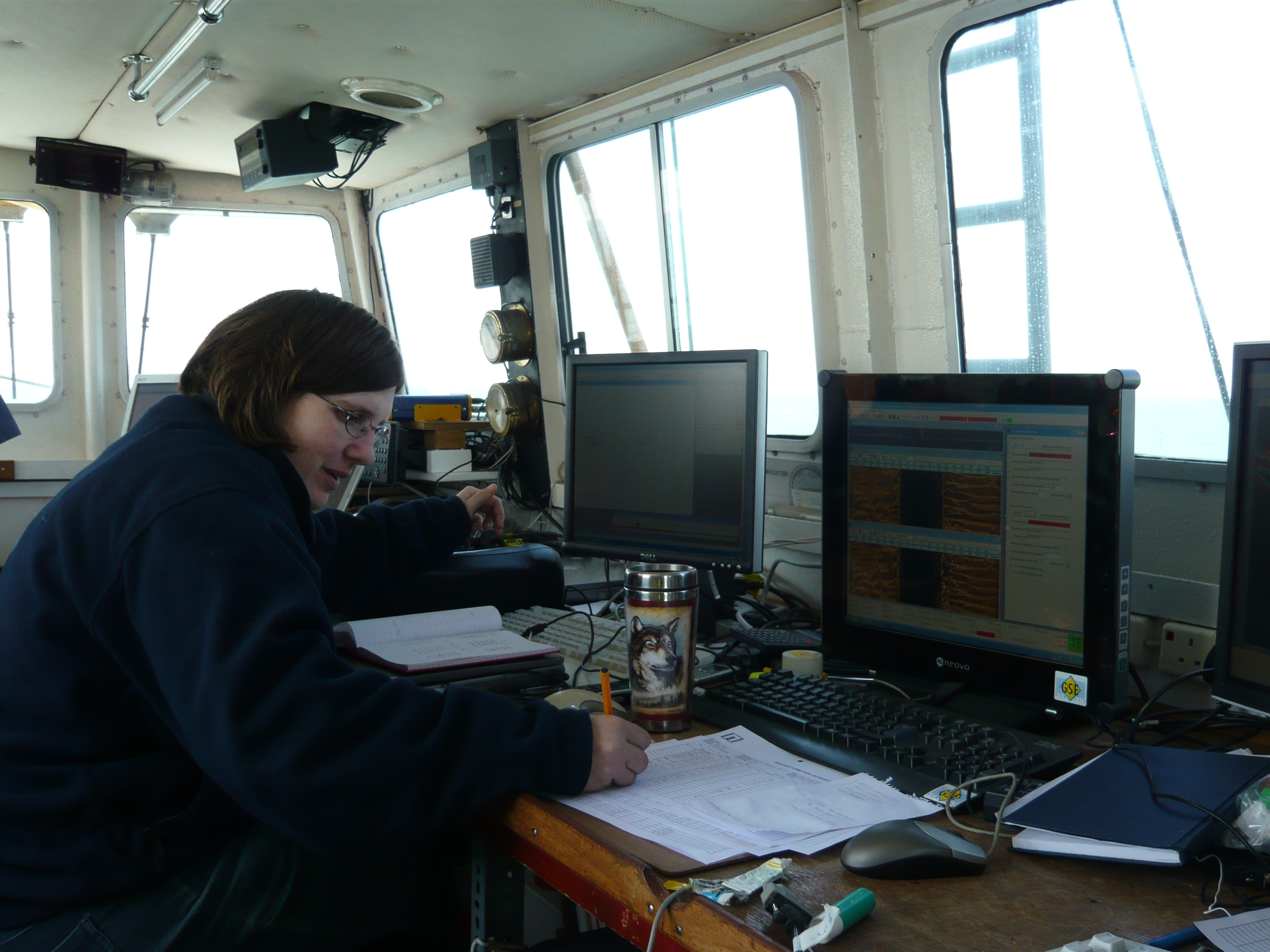All Categories
Featured
Table of Contents
How To Become A Geophysicist in Maddington Aus 2022
This work is significantly contracted out, so consultancies supply another source of employment. Consultancy companies vary in size, from extremely little business to large multinationals. Some consultancies are rather specialised in using specific geophysical strategies or working in specific areas, while others offer a more diverse series of services to their customers.
The extraction of gas from land fill websites is another area of employment and this may grow in the future. Exploration business may carry out work for building companies, water business, mining business and environmental agencies, so geophysicists may be employed in any of these settings. Other employers consist of: geological surveysgovernment bodies and agenciesuniversities and research institutes.

Jobs may be listed in the oil and gas sector press. Recruitment is impacted by oil rate fluctuations and the level of competitors for positions varies depending upon this. Professions Days, which cover the complete variety of geoscience professions and are normally gone to by a number of crucial market companies, are run by The Geological Society.
Geophysical Survey Requirements In California Waters in Beldon Aus 2021
A few of the large oil and gas business provide a full two-year structured training programme across the breadth of geophysics, consisting of the chance to experience work in different groups before specialising in one area. Your training may consist of work on: existing wellsmagnetic and gravitational possible field information analysisresearchrock analysis. It's more usual for your initial training to be provided on the task.

There may be a probationary period during which you work alongside a skilled associate. Competency-based appraisals take place frequently in most companies. In smaller companies, and for scholastic posts, there is not likely to be any formal training - you'll be anticipated to begin work straightaway and get skills as you go along.
If you work for a smaller sized company, you may discover that you require to take responsibility for setting up and funding your own development and training. If you have a geology degree, subscription of The Geological Society can be helpful for networking and for maintaining to date with the industry.
Geophysical Survey: Plotting Buried Traces Of Human Activity in Piesse Brook Western Australia 2020
You may also discover it beneficial to join the PESGB (The Petroleum Expedition Society of Great Britain, which has a geophysics special interest group. After a probationary duration, and once you have actually gotten some experience, you might advance to senior geophysicist, then group leader and then into a senior function in management.
The ease of motion between functions depends on the company structure. Study at Masters or Ph, D level in a subject related to geophysics or geosciences might help with your career advancement and progression. The employment market within the oil and gas industry is very depending on price and this may impact your chances for career development.
However, not all tasks depend on the oil and gas industries. For experienced geophysicists, freelance consultancy uses an excellent path for career advancement. You can also specialise in a particular location of geophysics. As a geophysicist, you're most likely to have several jobs throughout your working life. Global movement is vital for handling peaks and troughs in different countries at various times.
Mining Geophysicist Profile in South Lake Oz 2021
From geophysics, it's possible to focus on seismology (completing more training to end up being a seismic interpreter) or to move into related areas such as engineering geology or threat forecast.
Deciding what to study in college is a difficult option. Even if you understand that your field of interest lies in science, what program of research study is right for you?
The very first step to achieving your objective of ending up being a geophysicist is earning a degree. Even for entry-level positions in the field of geoscience, you'll require a bachelor's degree (a geophysicist college degree) from a certified college or university. Some research study positions require prospects to hold master's degrees or perhaps Ph.
Geophysical Consulting in West Leederville Western Australia 2023
Doctoral degrees are especially crucial if you plan to teach at a four-year institution. Geophysicists use physics concepts and strategies to study the gravitational, magnetic, and electric fields of the earth. This advances researchers' understanding of both the world's interior core and its surface area. Geophysicists should have the ability to: examine rocks, pictures, and other pieces of information conduct research study both in the field and in laboratories produce maps and charts of their findings write reports To achieve all this, trainees require a specialized education for geophysicist careers.
As specified above, you'll need a bachelor's degree in geoscience or an associated discipline, such as a physical science or a natural science, to land an entry-level job. Trainees can also prepare by majoring in topics like: Biology Chemistry Computer science Engineering Mathematics Physics The above geophysicist majors provide a more generalized technique to a single scientific discipline, but most programs need trainees to take one or more geology course.
Latest Posts
What Geophysicists Do in Iluka WA 2023
Geophysical Survey Definition in Casaurina Oz 2021
Geology And Geophysics - Careers And Employment in Manning Aus 2022